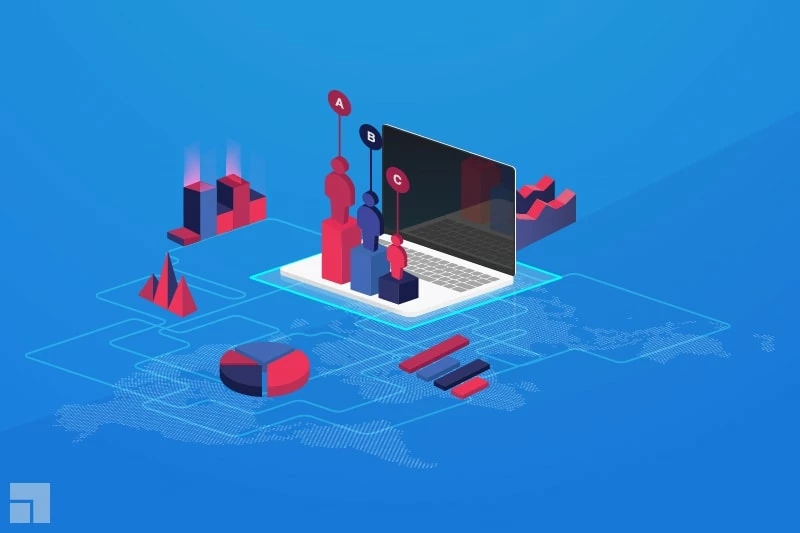
Member Article
A look at the year ahead in data analytics
Business Process Automation for All
Companies of all sizes recognise the tremendous potential for data, but even as we move into 2019, many struggle to turn data into actionable insights. Understanding data to make imperative business decisions is no longer be the responsibility of one role or department. Organisations need to empower every data worker, regardless of technical skill, to perform business process automation. Self-service analytics, where business employees can collect data from disparate sources, transform and analyse that data within a code-free environment, and determine their preferred end-state, is the way ahead. In 2019, we will see the same trends that the broader adoption of business process automation via these self-service analytics.
Thinking About AI? You’re Already Behind
Companies serious about machine learning and artificial intelligence (AI) have a multi-year approach to data acquisition and strategy in place, focused on compiling data from different sources and silos—often within a centre of excellence—that will ultimately drive the AI revolution. Cloud-forward organisations are looking to offerings from companies like Amazon, Microsoft and others to create intermediate data storage that can support diverse analytic use cases.
To help prepare for the AI-driven future, organisations need to ask questions like: What data is available and is it accessible? What data do I need to acquire externally to drive competitive differentiation? Is my data available for machine learning? And, perhaps most importantly, how do we upskill our line-of-business staff , what requires pure data science know-how and what can the IT organisation manage? In 2019, organisations need to answer these questions (and fast) before they can realise the true potential of AI!
Governance & Data Cataloguing Become Key to Collaboration
Data governance and cataloguing emerged as common buzzwords this past year and in 2019 will continue to be major areas of focus as they exist within the critical handoff between the data management or platform teams in IT, and the centre of excellence and analyst community that work on the analytic use cases.
Traditional data cataloguing solutions do the heavy lifting in IT, but organisations now see the advantage in helping analysts from different silos of the business come together to interact with both the data and each other at the level of business understanding. This type of social collaboration, involving the business user, is critical for advancing data strategies and will help organisations look beyond corporate data assets to second- and third-party sources that can enrich the respective case and provide better outcomes.
This was posted in Bdaily's Members' News section by Alteryx .
Enjoy the read? Get Bdaily delivered.
Sign up to receive our popular morning National email for free.




 test article 123456789
test article 123456789
 hmcmh89cg45mh98-cg45hm89-
hmcmh89cg45mh98-cg45hm89-
 test456456456456456456
test456456456456456456
 test123123123123123123
test123123123123123123
 test xxxdiosphfjpodskhfiuodsh
test xxxdiosphfjpodskhfiuodsh
 Savour the flavour: North Tyneside Restaurant Week returns for 2024
Savour the flavour: North Tyneside Restaurant Week returns for 2024
 Six steps to finding the right buyer for your business
Six steps to finding the right buyer for your business
 Stephen signs off on a special night
Stephen signs off on a special night
 Life’s a Peachaus: Gillian Ridley Whittle
Life’s a Peachaus: Gillian Ridley Whittle
 Making a splash: Phil Groom
Making a splash: Phil Groom
 Making workplace wellbeing a priority
Making workplace wellbeing a priority
 A record of delivery, a promise of more: Ben Houchen
A record of delivery, a promise of more: Ben Houchen